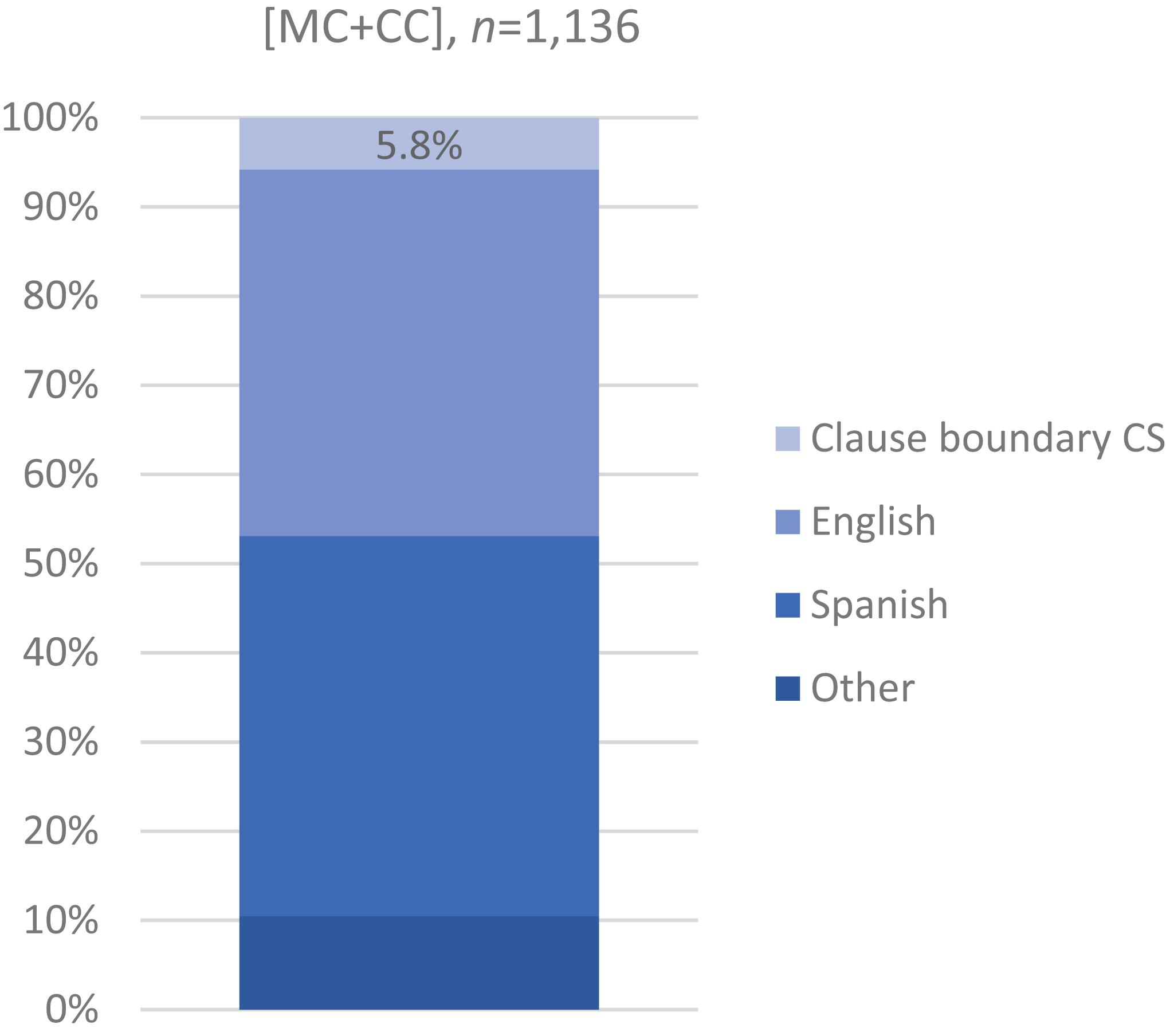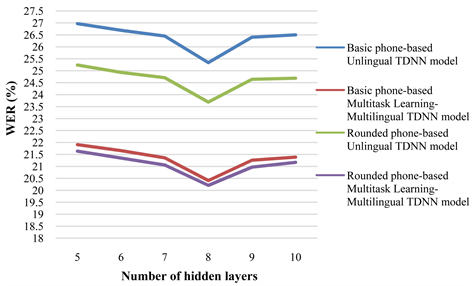

Below these headlines lies one of the possible foundations for a European sense of belonging (…). Multilingualism is to be considered as having two aspects: a conception of the speaker as being fundamentally plural and a value, insomuchas it is one of the cornerstones of the acceptance of difference, education which is definitively intercultural at its core. Retrieved January 15, 2009, from ) rule: ‘Educational linguistic politics in European institutions is founded on multilingualism (…). Agir pour le plurilinguisme en Europe: Les profils nationaux des politiques linguistiques éducatives. We have spoken about monolingual identity as including the ordinary representations of the language.īeacco, J-C. A study carried out in Bienne some years ago showed that bilingual inhabitants of that city, which is officially bilingual, learnt the other language not at school but in other circumstances (professional settings, sports clubs, within the neighbourhood, etc.) Elmiger and Conrad (2005).ģ. Where they are observable, we have collectively termed such effects translinguistic marks (« marques transcodiques») See Lüdi (1987).Ģ. We also discuss how these models and concepts find their way into classroom practice and language policies.ġ.


The contribution discusses the relevance of alternative models, concepts and theoretical frameworks in the study of multi/plurilingualism and their potential in language studies and the understanding of second and third-language acquisition. Berne, Frankfurt am Main, New York : Peter Lang. Etre bilingue, Berne, Frankfurt am Main, New York: Peter Lang. This is a criticism we formulated over the years (Lüdi & Py, 1986 Lüdi, G. As such, unilingual linguistic models and perspectives based on the idea that bilingualism is a duplication of competences in two languages (or more) are unsuitable to describe plural practices in multilingual societies. Type 4.The bi/plurilingual person is a unique speaker–hearer who should be studied as such and not always in comparison with the monolingual.

In Italian color adjectives are post-nominal (b) Suppose you were making up names for things.Ĭould you call a cow dog and a dog cow?Į= English speakers A = Afrikaans speakers (a) Could you call a cow dog and a dog cow? The bilingual is a fully competent speaker-hearer he or she has developed competencies to the extent required by his or her needs and those of the environment Because the needs and uses of the two languages are quite different, the bilingual is rarely equally or completely fluent in the two languages." The co-existence and constant interaction of two languages in the bilingual has produced a different but complete language system. "The bilingual is NOT the sum of two complete or incomplete monolinguals rather he or she has a unique and specific linguistic configuration. Urban children managed to resolve their emotional conflict between the use of Welsh and English at an earlier age than rural children. A more probable explanation is that those nationality groups whose average intellectual ability is inferior do not readily learn a new language." "This might be considered evidence that the use of a foreign language in the home is one of the chief factors in producing mental retardation as measured by intelligence tests. First of all the child in question hardly learns either of the two languages as perfectly as he would have done if he had limited himself to one Secondly, the brain effort required to master the two languages instead of one certainly diminishes the childs power of learning other things." "It is, of course, an advantage for the child to be familiar with two languages: but without doubt the advantage may be, and generally is, purchased too dear. As first principle, pin your faith to the mother tongue." The unilingual has the advantage, and the bigger the cultural community in that language the bigger the advantage. "The average bilingual speaker, it is true, has two strings on his bow one rather slacker than the other Every cultured man needs a second and perhaps a third foreign language but he need not be bilingual. "The average bilingual speaker, it is true, has two strings on his bow one rather slacker than the other Every cultured man


 0 kommentar(er)
0 kommentar(er)
